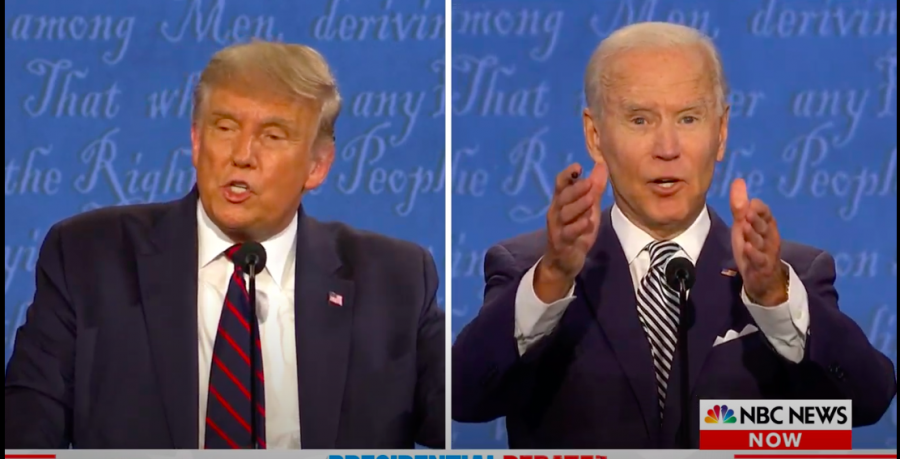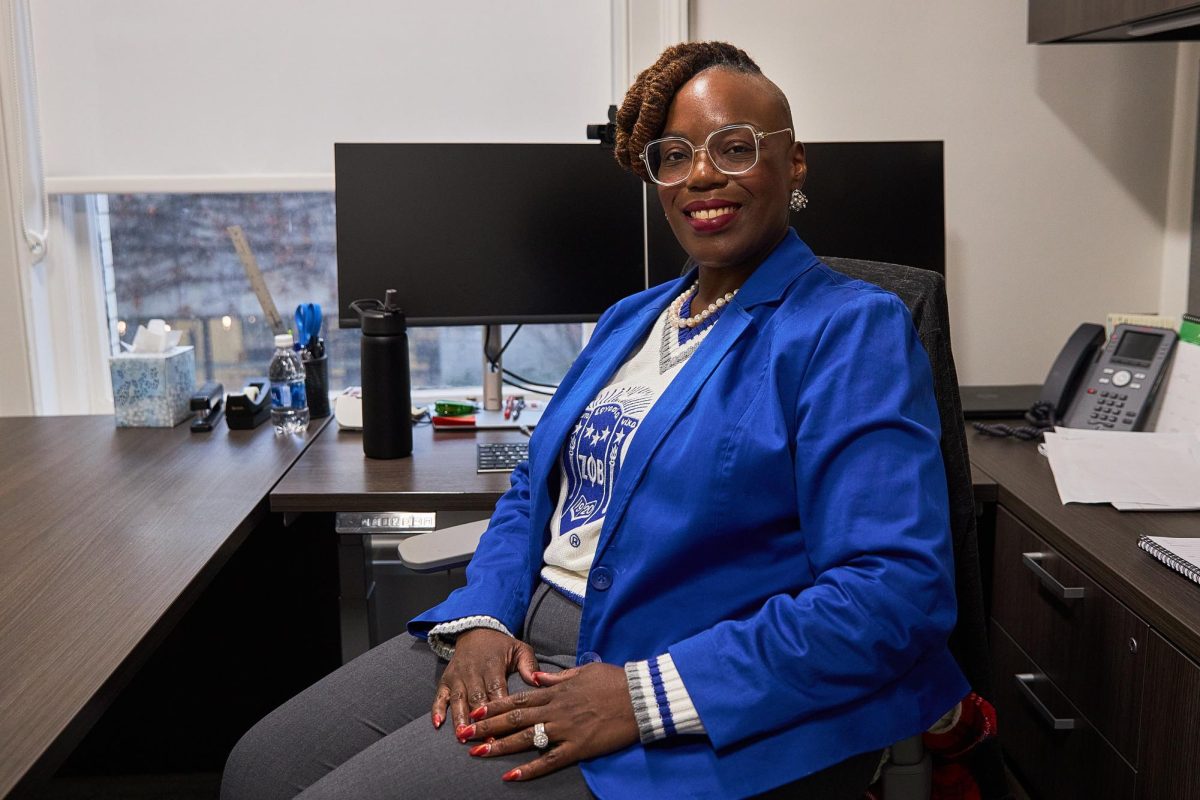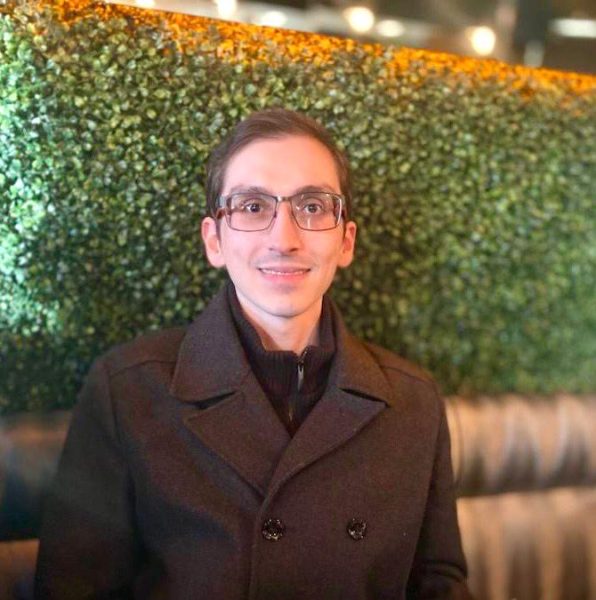The University of Utah’s counseling center has adopted a new intake model to increase student access to services despite facing challenges in recruiting and retaining staff since the COVID-19 pandemic.
The “Initial Consultation Model” was instituted in fall 2023. Scott McAward, executive director of the U’s Counseling Center, said the new model provides a quick 20 to 30-minute assessment of a student to determine which UCC service suits them or if a different resource like a wellness coach might be more appropriate.
“The traditional model was if you want to be seen at the counseling center, you come in, do an hour appointment, and we’re going to do an assessment and decide what’s going to be best for you,” McAward said. “That wasn’t effective for a lot of students.”
The UCC’s 2022-2023 Annual Report said wait times for an initial appointment dropped from 9.5 days to 2-5 days in the last year, but there are concerns that those wait times will not be sustained into next year. McAward said, after adopting the new intake method, wait times are now 2-3 days.
From 2011 to 2020, the use of counseling services went from 10% to 13% nationally, but the staffing of clinicians has not kept pace with the increase.
Sherrá Watkins, the associate vice president of Student Health and Wellness, said the U saw a decrease in students using counseling services in the fall 2023 semester.
“We don’t quite know why. We are hoping that students are well. We’re also hoping that students, staff and faculty understand that not every student needs counseling,” Watkins said. “Because there are different types of resources that students need.”
The report also said recruiting and retaining clinical staff is a major challenge for the UCC.
A national survey by the Association for University and College Counseling Directors showed that one in five clinical positions in counseling centers experienced turnover. The most common reasons cited were low salary, working conditions and departure from counseling. The AUCCD survey also found that 78% of counseling centers had difficulty recruiting staff.
Watkins said some challenges in recruiting and retaining staff began during the COVID pandemic. Private practices started to increase because people had the option to counsel virtually.
“Which meant that … they were able to pay the clinicians a lot more, so tech companies began to compete with the recruiting of our counselors,” Watkins said.
The UCC’s annual report said salaries and benefits costs made up 99.6% of their budget. Watkins said the tech companies offer higher salaries that the counseling center cannot match.
“Our pay and salary comes from student fees and the student mental health fee,” she said. “And so we are cognizant of [the fact] we can’t increase our student fee, but we still want to provide quality services, so how do we have that balance between that? How do we still provide and recruit quality therapists and psychiatrists and psychologists without increasing the fee so astronomically that it won’t be beneficial for our student population?”
McAward said promoting clinical staff’s job development is one important strategy for retaining personnel.
“We really look for opportunities on what skills that our staff want to develop themselves clinically and then how … we [can] support that financially,” he said.
McAward said the UCC has “three pillars” to the services they provide: the clinical and psychiatric services, the training program and the outreach program.
The training program helps the UCC increase its clinical care. Last year, 27% of their appointments were provided by a trainee. McAward said the training not only helps with expanding clinical capacity but also builds a “pipeline” for clinicians interested in students’ mental health.
Watkins said strategies to retain staff are to ensure salary equity and to show appreciation for their work. For recruiting, the marketing goal is to attract diverse candidates to match the U’s diverse student body and to recruit candidates who specialize in treating different conditions.
“We’ve seen an increase in students living with chronic diseases who are coming to school,” she said. “There was a time that students living with chronic diseases did not feel like they had the ability to come to higher education … and so that means we have to be able to shift how we’re providing services in the counseling center.”
Watkins said the UCC has had three vacancies since December and they are currently in the final interview process for two of those positions.
On Feb. 27, the Student Affairs Office will hold a “State of Wellness and Mental Health Townhall” at the A. Ray Olpin University Union Ballroom. From 1 p.m. to 3 p.m., students will have the chance to voice their concerns on navigating student wellness services and the need for additional resources.














